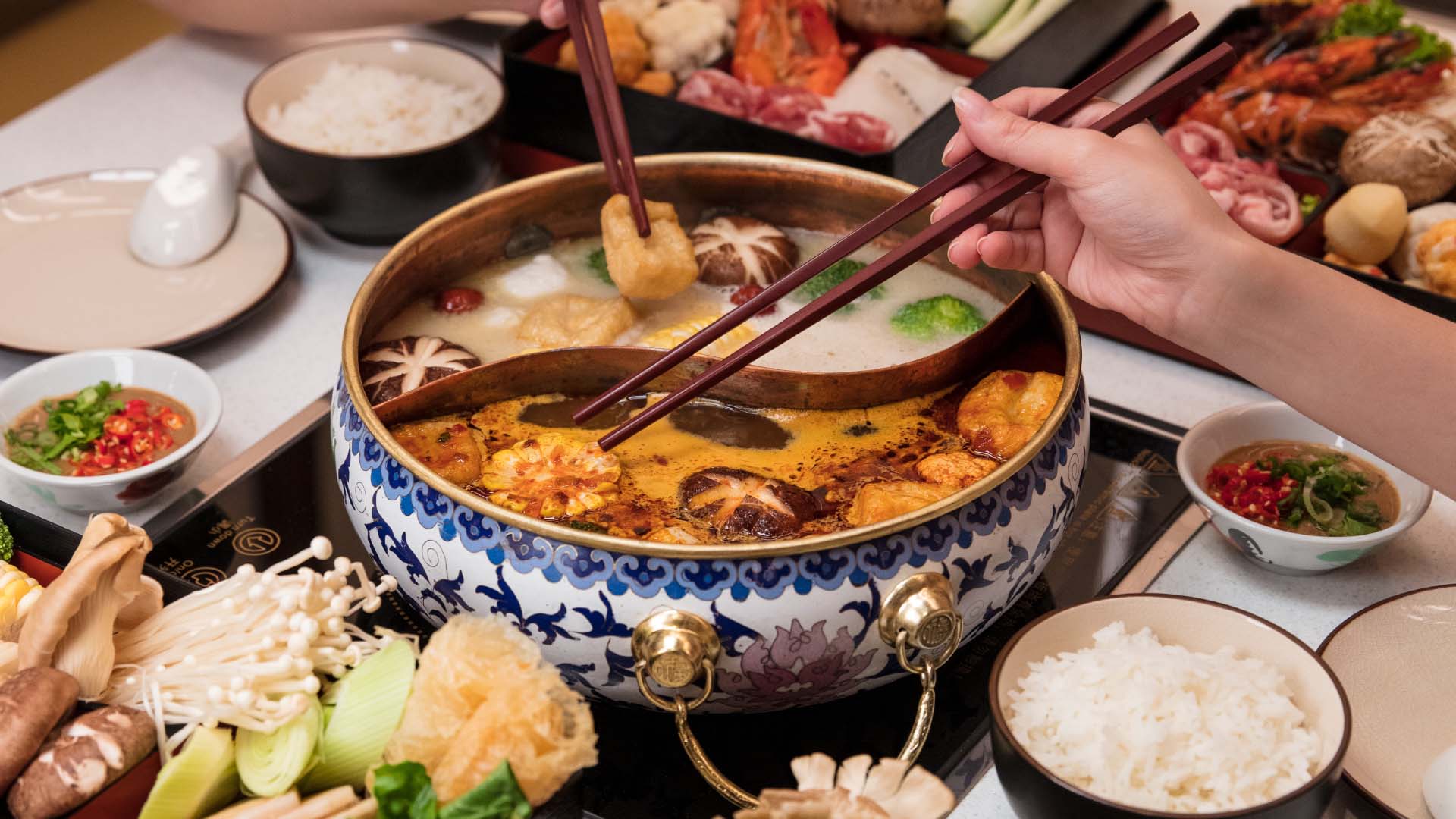Fatt Choi Hotpot
Chinese | Local | Vegetarian Options | Casual Dining | Casino Restaurant
Enjoy the warming comfort of a meal at Fatt Choi Hotpot, which redefines the hotpot dining experience. Customise a personal hotpot for yourself or to share, choosing from abundant ingredients including the freshest seafood, vegetables and meats. Pair these with your choice of savoury soup bases such as Herbal Chicken, Pork Bone and Tom Yum, each skilfully prepared daily by our chefs.
Elegantly redesigned with natural woods and warm red hues, Fatt Choi Hotpot is a perfect choice for diners seeking home-cooked flavours throughout the day.
Location
- Main Casino Floor, Level B2M
- Nearest carpark: Central (Orange Zone)
Operating Hours
Daily: 11am – 6am
Last order at 5am
Entry Policy
Fatt Choi Hotpot is only open to patrons who have gained entry to the Casino. Singaporeans and permanent residents must pay the casino entry levy and be at least 21 years old to enter.
CONTACT US
Phone: +65 6688 1567






